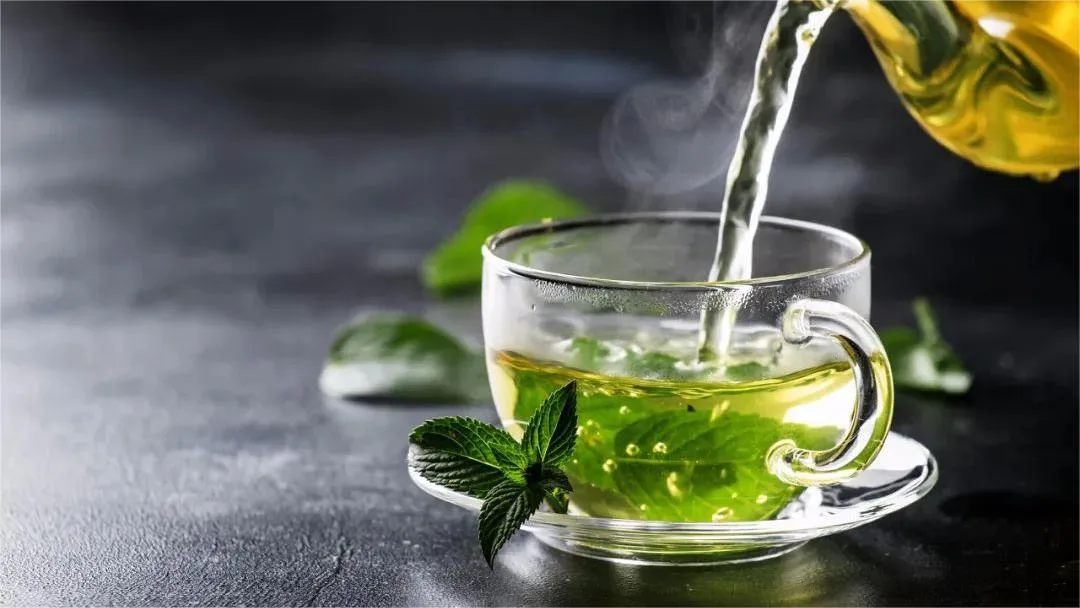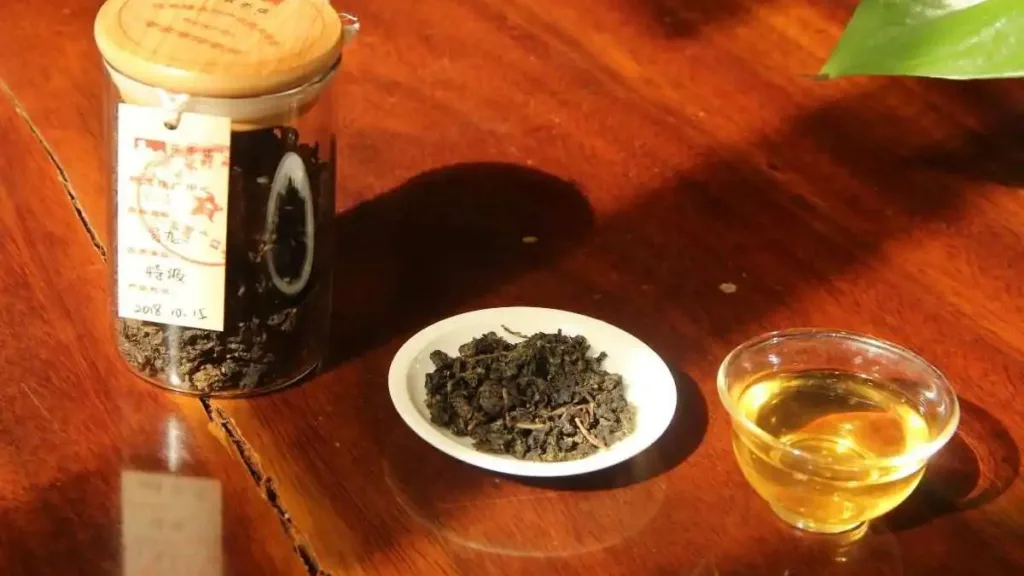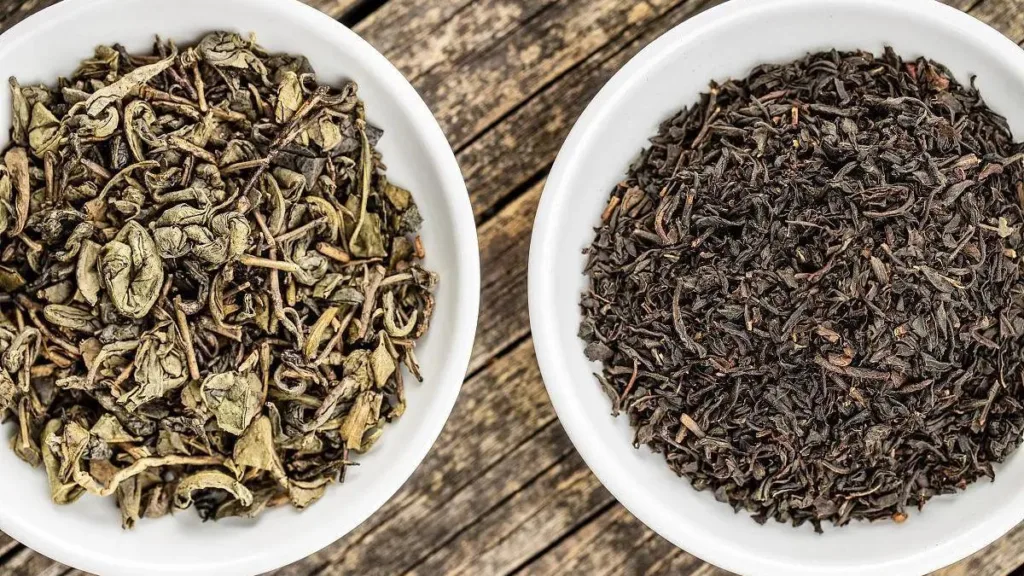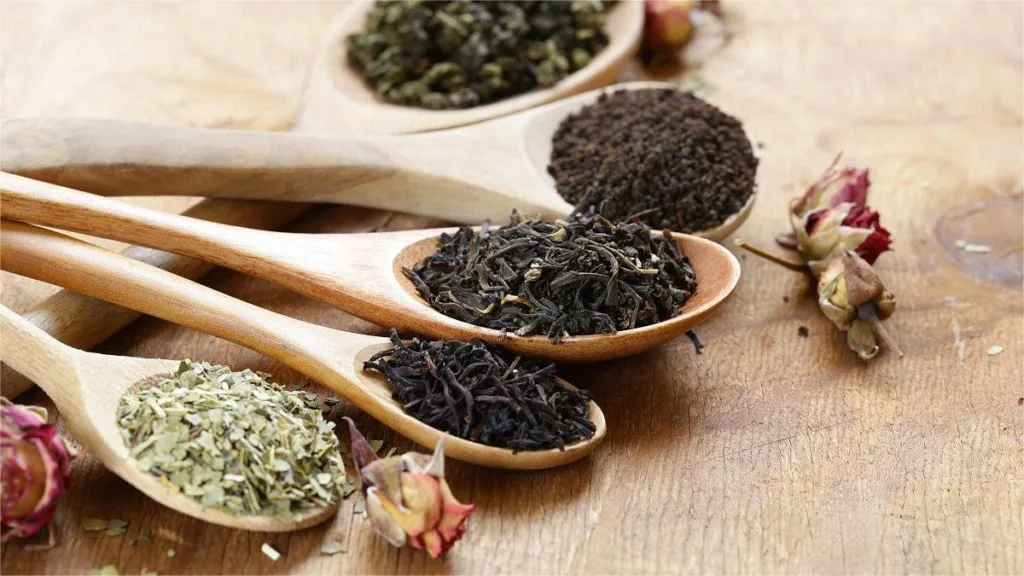High blood pressure, also known as hypertension, is a common and potentially serious health condition that can lead to various complications if left unmanaged. While medical treatment and lifestyle changes are often recommended to control high blood pressure, traditional Chinese medicine offers a range of herbal teas that can be beneficial for individuals looking for complementary approaches to managing their blood pressure. These teas have been used for their potential to help lower blood pressure and promote overall cardiovascular health.
Chrysanthemum Tea
Chrysanthemum tea is a popular choice for those with high blood pressure. It is known for its ability to clear heat, detoxify the body, relieve thirst, and cool down the system. Chrysanthemum tea is not only refreshing but also effective in reducing arterial hardening, atherosclerosis, and lowering blood pressure. The delicate fragrance of chrysanthemum adds to its appeal, making it a pleasant choice for those seeking natural remedies for hypertension.
Burdock Root Tea
Burdock root contains dietary fiber that has excellent adsorption properties. This can help hypertensive individuals absorb excess sodium from their bodies and excrete it, leading to blood vessel dilation and a reduction in blood pressure. Regular consumption of burdock root tea can be an effective way to help manage hypertension.
Fo-Ti (He Shou Wu) Tea
Fo-Ti, also known as He Shou Wu, is well-regarded in traditional Chinese medicine for its ability to lower blood lipid levels, prevent atherosclerosis, and reduce blood clot formation. This herb has shown promise in improving cardiovascular health, making it a valuable addition to the diet of individuals with high blood pressure.
Hawthorn Berry Tea
Hawthorn berries contain compounds that aid digestion, dilate blood vessels, lower blood sugar, and reduce blood pressure. Regular consumption of hawthorn berry tea can provide significant assistance in the treatment of high blood pressure. To prepare the tea, steep 1-2 fresh hawthorn berries multiple times a day.
Cassia Seed Tea
Clinical studies have shown that drinking cassia seed tea can have multiple benefits, including liver detoxification, improved vision, blood pressure reduction, lower blood lipid levels, and cholesterol reduction. These effects make it a valuable tool for managing conditions like high blood pressure and coronary heart disease.
Corn Silk Tea
Corn silk tea not only helps in lowering blood pressure but also provides relief from diarrhea, bleeding, and promotes diuresis, making it an excellent choice for overall cardiovascular and gastrointestinal health. To prepare corn silk tea, simply wash the corn silk thoroughly and steep it in hot water.
Loranthus Tea
Loranthus, a traditional Chinese medicinal herb, is known for its kidney-tonifying and blood-enriching properties. Clinical experience suggests that brewing loranthus tea can provide valuable support in the treatment of high blood pressure when used as a complementary approach.
Kudzu Root Tea
Kudzu root is effective in lowering blood lipids, blood pressure, and blood sugar levels. It has been shown to offer relief from conditions like angina, headaches, dizziness, tinnitus, and lower back pain that can be caused by high blood pressure. Kudzu root tea can be a helpful addition to the treatment plan for individuals with hypertension.
It’s important to note that while these Chinese herbal teas can be beneficial for individuals with high blood pressure, they should be used as a complementary approach and not a sole treatment. High blood pressure management requires a holistic approach, including lifestyle changes, dietary adjustments, and consultation with a healthcare professional. Additionally, individuals should consider their overall health, seasonal changes, and any potential interactions with medications when incorporating these teas into their routine. Always consult with a healthcare provider before making significant changes to your diet or treatment plan, especially if you have a medical condition like high blood pressure.



